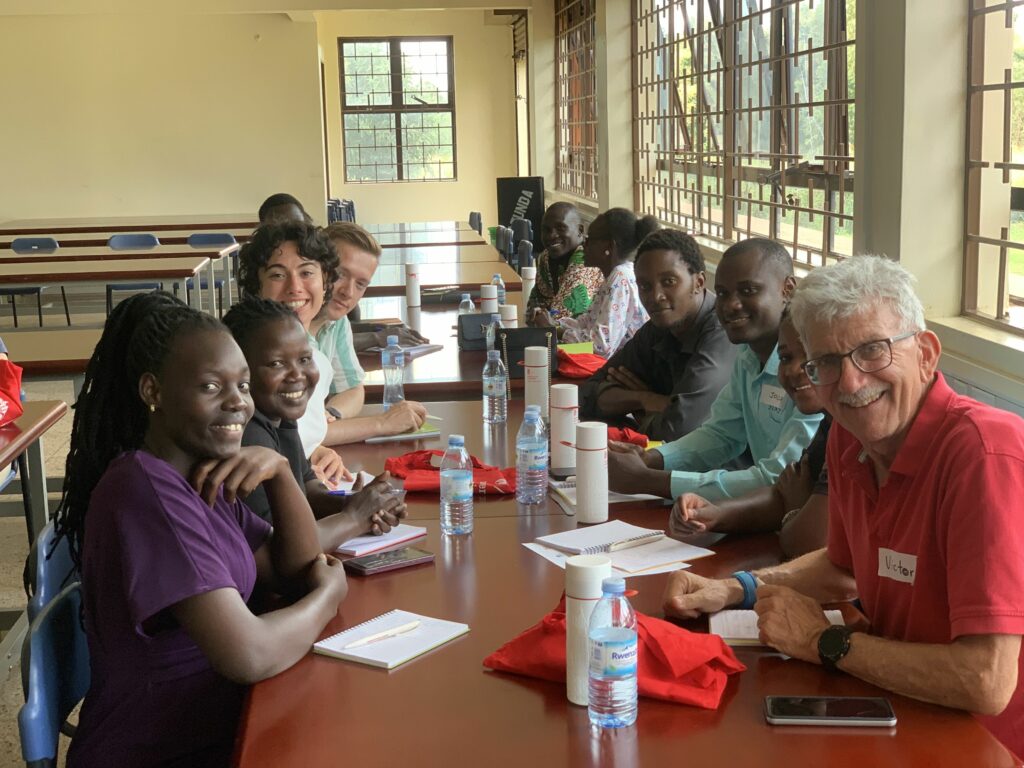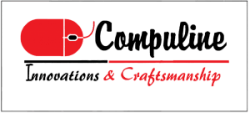Career for life??? May be is just a myth!
Career for life??? May be is just a myth!

It was part of the several participatory workshops during the the UNESCO Chair Gulu Summer School at Gulu University in July 2024. I conducted two separate sessions for senior and young participants for them to reflect about their career trajectories. I started with the senior participants, and asked each one of them to say anything about their lived experiences in relation to career development.
Listening to the senior participants, it became clear to me “career talk” is as always not only a little confusing but also controversial. None of the individuals could clearly articulate that they had come through a clear path of childhood dream careers to their present work. Moreover majority of them were already years into their work lives. One of them, a senior academic in education and social change research trajectory, said that just afters months of of graduating as an engineer she switched to psychology.
After cordially chatting through their several very compelling and enriching life stories of senior and middle level career professions, I requested each one of them to gift their young participants. Here are some of the top five advices:
You don’t have to have a career path already figured out by a particular age; Keep exploring your passion (s) and you will never know which one will end up as your career (p1)
Verbalise your dream even if they will not come true, it will help you to know who you are (p2)
Be flexible about your career, understanding that it is not a one day discovery but every day (p3)
Career is a journey, many factors involve in directions along the path, open and close possibilities. But learn to listen to your internal voice. Follow it. Learn to bring yourself to whatever you do (p4)
When the young participants entered the participation space, I prompted them to write the key things that come to their mind when they think about ‘career’. Read what they think:
Career is about waking up everyday, choosing a path to follow, earning and spending, connect with fellows in the field’ (p7)
Career refers to my point of interest that leads me to my dream (p8)
An activity, occupation for a significant period of time to fulfil a person’s desire, interest and growth (p9)
Career is connected to passions, dreams, hobbies, interests, vision (individual/shared), emotions / feelings (p11)
I am not sure what could be your take away from this learning encounter! But I want to imagine that you should be imagining what really a career is. May be you are wondering whether you have ever given your peers, friends, colleagues or students the right career advise.
As you continue to reflect deeply and widely about how complex or easy it is or it has been for your career development and advancement, let me make one argument. I argue that the idea of supporting or accompany people in their career development is more complex today than it were decades ago be it in developed economies or poor countries in the global south. Current and future education-work transition uncertainties and insecurities particularly in Uganda and similar contexts requires a re-imagination of career support and guidance.
P* is short for ‘participant’
*Robert Jjuuko, PhD | robert@adultslearnuganda.org | LinkedIn Robert Jjuuko | Research Gate Robert Jjuuko | ORCID https://orcid.org/0000-0002-1628-7080
